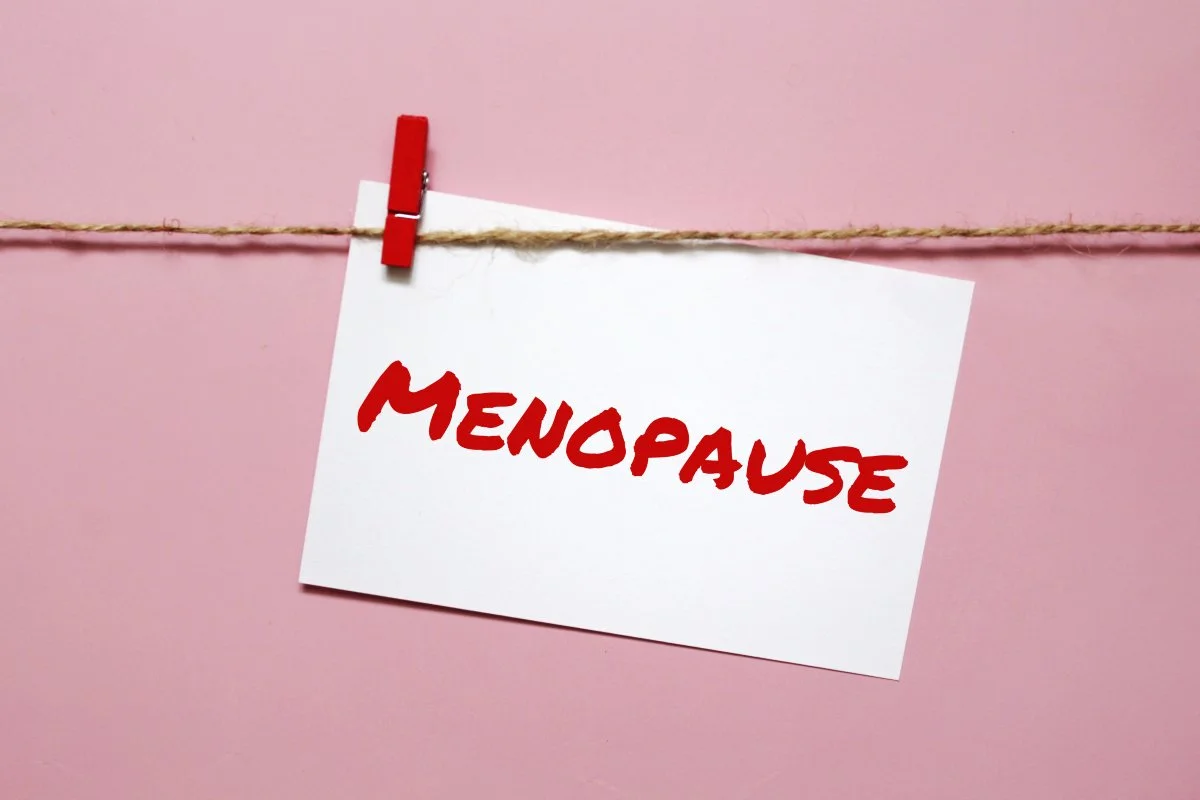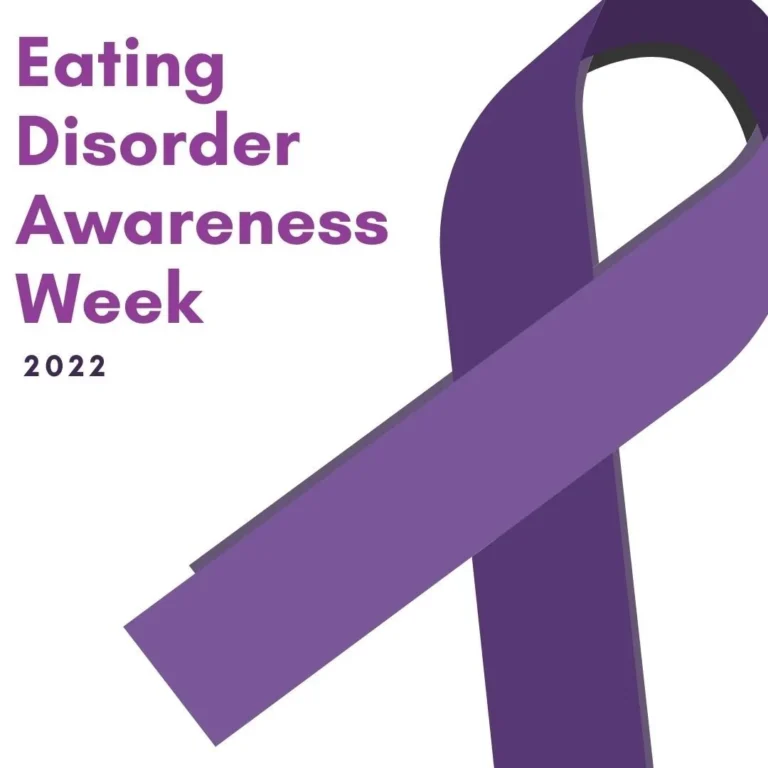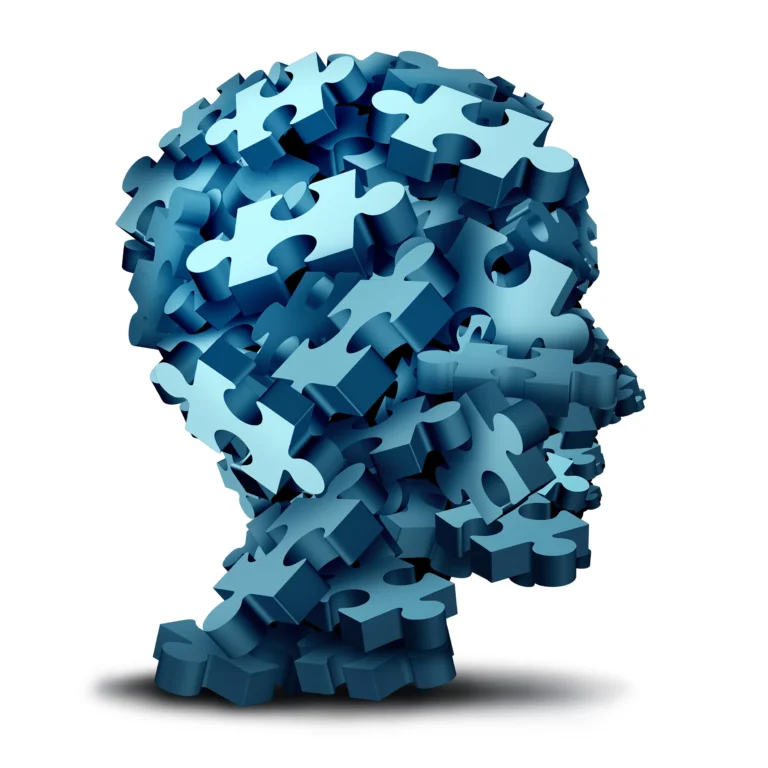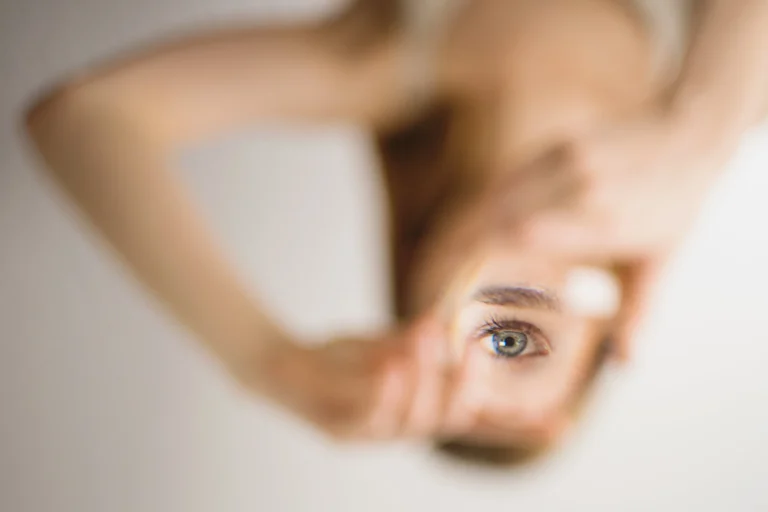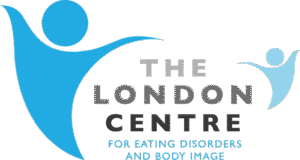Navigating Negative Body Image During Menopause
For many women, menopause is a major life transition—one that brings physical, emotional, and psychological changes. Among the most common but often overlooked challenges during this stage of life is negative body image. While body image issues are often associated with adolescence or early adulthood, the menopause can trigger a fresh wave of self-doubt and discomfort in one’s own skin.
Why Does Menopause Impact Body Image?
The menopause brings a host of changes, including hormonal shifts, weight redistribution, skin and hair changes, and reduced muscle tone. These changes are completely natural, but in a culture that idolises youth and thinness, they can be deeply unsettling. Many women find themselves grieving a body that no longer looks or feels the same, even though it’s simply doing what it is biologically programmed to do.
Some of the most common body image concerns during menopause include:
- Weight gain, particularly around the midsection
- Changes in skin texture, including dryness and sagging
- Hair thinning or greying
- Loss of muscle mass or perceived strength
- Feeling ‘invisible’ or less valued in society
These concerns aren’t superficial—they’re rooted in how women are taught to value their appearance, and how society often marginalises older women.
The Psychological Toll
Negative body image during menopause isn’t just about appearance—it can significantly impact mental health. Women may experience:
- Low self-esteem
- Increased anxiety or depression
- Withdrawal from social or intimate situations
- Disordered eating or obsessive behaviours around food and exercise
When body image issues go unspoken or unaddressed, they can affect every part of life—from relationships and careers to overall quality of life.
Compassion Over Criticism
One of the most healing approaches to body image challenges in menopause is to shift from criticism to compassion. This means recognising that your body is not failing you—it’s evolving. Practicing self-compassion can be deeply transformative, especially in a world that rarely celebrates aging.
Tips for building a more positive body image:
- Curate your social media: Follow accounts that promote body diversity and speak honestly about aging.
- Speak kindly to yourself: Notice your inner dialogue and challenge negative self-talk.
- Celebrate function over form: Focus on what your body allows you to do, rather than how it looks.
- Surround yourself with support: Talk to friends, join groups, or work with a therapist who understands the intersection of menopause and body image.
You’re Not Alone
It’s important to remember that you are not alone in how you feel. Many women silently carry shame or sadness about their changing bodies, but these feelings are valid—and they deserve to be heard and held with care.
At The London Centre, we recognise that menopause is more than a biological event—it’s a complex experience that can stir up deep emotional responses. If negative body image is impacting your mental health or wellbeing, please know that support is available. Speaking to a specialist therapist can offer not only relief, but also a path toward healing and self-acceptance.
Final Thoughts
Menopause is a chapter of growth, not decline. While it comes with challenges, it also offers the chance to redefine how you view and value yourself. With the right support, it’s absolutely possible to rebuild a healthier, more compassionate relationship with your body—one that honours where you’ve been, and where you’re going.

